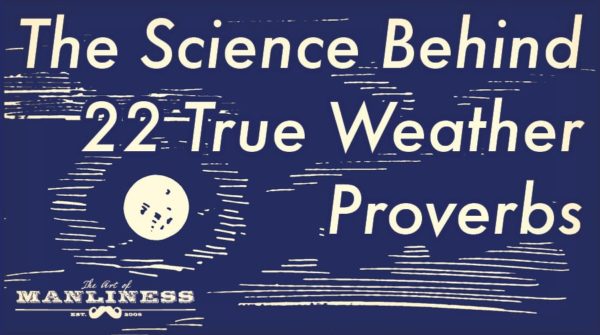
Breaking News
 Why are young women attracted to older men? Men, watch and learn!
Why are young women attracted to older men? Men, watch and learn!
 Voter Fraud Is About To Explode: ITS BLOWING UP IN THEIR FACES thanks to Trump and Tulsi
Voter Fraud Is About To Explode: ITS BLOWING UP IN THEIR FACES thanks to Trump and Tulsi
 Ahead of US-Iran Talks, Netanyahu Tells Cabinet 'Conditions' Could Lead to Regime Change...
Ahead of US-Iran Talks, Netanyahu Tells Cabinet 'Conditions' Could Lead to Regime Change...
 SpaceX Authorized to Increase High Speed Internet Download Speeds 5X Through 2026
SpaceX Authorized to Increase High Speed Internet Download Speeds 5X Through 2026
Top Tech News
 How underwater 3D printing could soon transform maritime construction
How underwater 3D printing could soon transform maritime construction
 Smart soldering iron packs a camera to show you what you're doing
Smart soldering iron packs a camera to show you what you're doing
 Look, no hands: Flying umbrella follows user through the rain
Look, no hands: Flying umbrella follows user through the rain
 Critical Linux Warning: 800,000 Devices Are EXPOSED
Critical Linux Warning: 800,000 Devices Are EXPOSED
 'Brave New World': IVF Company's Eugenics Tool Lets Couples Pick 'Best' Baby, Di
'Brave New World': IVF Company's Eugenics Tool Lets Couples Pick 'Best' Baby, Di
 The smartphone just fired a warning shot at the camera industry.
The smartphone just fired a warning shot at the camera industry.
 A revolutionary breakthrough in dental science is changing how we fight tooth decay
A revolutionary breakthrough in dental science is changing how we fight tooth decay
 Docan Energy "Panda": 32kWh for $2,530!
Docan Energy "Panda": 32kWh for $2,530!
 Rugged phone with multi-day battery life doubles as a 1080p projector
Rugged phone with multi-day battery life doubles as a 1080p projector
 4 Sisters Invent Electric Tractor with Mom and Dad and it's Selling in 5 Countries
4 Sisters Invent Electric Tractor with Mom and Dad and it's Selling in 5 Countries
22 Old Weather Proverbs That Are Actually True

Today, we have meteorologists and entire government agencies dedicated to predicting the weather with high-tech computers and algorithms, but a hundred and two-hundred years ago (and more!), folks had to rely mostly on observation and rudimentary tools to predict the weather of the coming days.
To help with this task of predicting the weather, farmers, sailors, and amateur meteorologists of all kinds came up with handy, often rhyming proverbs that could guide their observations. They realized that animal behavior, wind direction, air pressure (which could be measured with a barometer), etc., were pretty accurate indicators of how the weather would behave.
Perhaps surprisingly, most of this handed-down "folk wisdom" is really quite accurate, and has a lot of science behind it; weather proverbs of old can be applied today just as well as they were centuries ago. Rather than relying on your local meteorologist or your smartphone app to tell you what to wear for the day, why not work on your powers of observation and come to understand more about the weather and the natural world around you?



